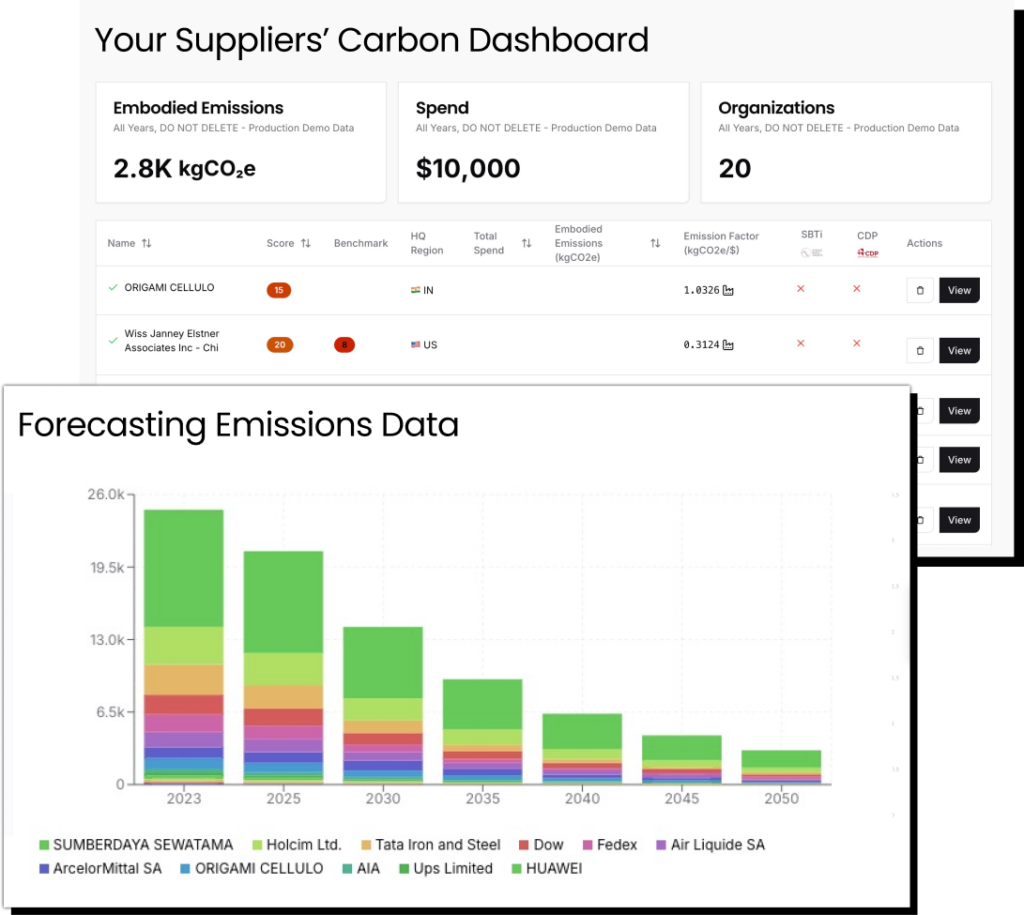From business travel to transportation and distribution, we’re taking a look at why Scope 3 emissions are so important to overall carbon footprint of your business.
Let’s face it: when it comes to breaking down your company’s carbon reduction strategy, Scope 1 and 2 are always the first areas of consideration. But in reality, Scope 3 guidance may just be your secret sauce to reaching your goals sooner.
By measuring Scope 3 emissions, your organisation can:
- Identify resource and energy risks in your supply chain
- Improve the energy efficiency of goods and services used daily
- Identify new market opportunities for producing and selling goods and services with lower GHG emissions
- Get ahead of future regulations
Depending on the nature of your company, Scope 3 emissions could n fact be the largest source of your company’s overall emissions. Over time, those ‘little and oftens’ add up, and in the long run can even account for several times the impact of Scope 1 and 2.
So, how can we all step up?
While it may not yet be compulsory to report on all Scope 3 emissions for all companies, the landscape of energy and carbon reporting is changing fast as the UK nears its net-zero deadline.
Disclosure and tracking
The more you know, the more you can do. But with ever complex supply chains, it’s difficult to see the wood from the trees when trying to track your carbon data. Online calculators offer a jumping off point, but often don’t take into account supply chain emissions, making for an inaccurate picture. Keeping on top of your footprint is an ongoing process, and this is where monthly plans and trackers come into their own. Tailored software such as Ditch Carbon provides a clear breakdown, and is the most efficient and scalable way to measure every type of emission related to your business.
Engage with suppliers
Supplier engagement is a crucial part of reducing Scope 3 emissions. Have in-depth data of your activity with current suppliers empowers you to make the switch to more sustainable options.
Industry collaboration
Whilst complex supply chain can’t be solved by individual efforts alone, it’s the best place to start. By collaborating with industry peers and working with like-minded companies too, broader change can be created, easing the process in moving towards the most sustainable value chain possible.
Research from Carbon Trust recently revealed that on average, Scope 3 emissions represent between 65% to 95% of a company’s broader carbon impact. This is further proof that in order to become truly carbon-neutral, Scope 3 emissions mustn’t be overlooked and need to be prioritised. It’s time to face the music.
Want to understand your current carbon footprint using the finance data you already have?
To join the climate fight, book a time to chat to us and we’ll help you get the carbon footprint of up to 250 suppliers totally free >>
